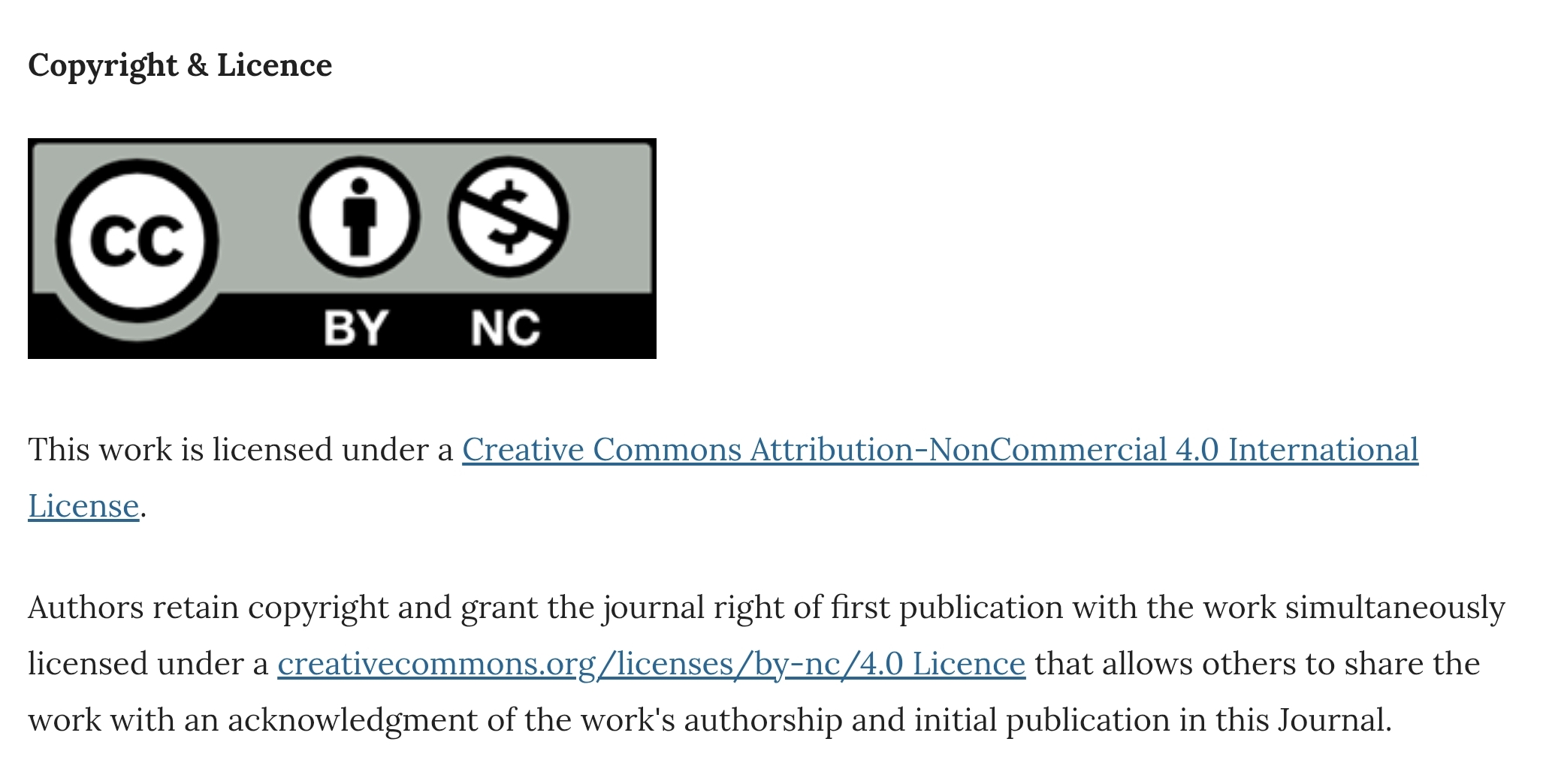GUEST EDITORIAL
|
|
Access the article online: https://kjponline.com/index.php/kjp/article/view/563 doi:10.30834/KJP.38.1.2025.563. Received on:17/07/2025 Accepted on: 18/07/2025 Web Published:19 /07/2025 |
NAVIGATING PARENTING IN THE DIGITAL WORLD
Rachna George1*, Varghese P Punnoose2
- Assistant Professor, Child and Adolescent Psychiatry Unit, Christian Medical College, Vellore; 2. Principal and Former Head of Psychiatry, Government Medical College, Kottayam
*Corresponding author: Assistant Professor, Child and Adolescent Psychiatry Unit, Christian Medical College, Vellore, Tamil Nadu, India
Email address: rachnageorge@gmail.com
Parenting, when viewed from an anthropological and developmental perspective, is defined as an innate skill that enables children to prepare for socially accepted physical, economic, and psychological situations that they may encounter in their culture, thus enabling them to survive and thrive.1 Challenges have differed through the ages, from the perils of prehistoric sabre-tooths to the new-age cyber threats. The rapid digitalization of the world has left many parents feeling disempowered.
Digitalization has permeated into domains of education, play, and socialization; these changes are bound to remain. Online social sites like TikTok, Instagram, Facebook, and the now-defunct Orkut provided a platform for networking, having encouraged the new generation to establish virtual connections while maintaining certain elements of anonymity. Popular online multiplayer gaming platforms such as GTA (Grand Theft Auto), Free-Fire, Valorant, etc., provide accessible entertainment and virtual socialization opportunities. However, young users must learn to exercise caution regarding the extent to which they want facets of their privacy displayed on these platforms. Youngsters often find this a dangerous challenge and inadvertently may find themselves entangled in the complexities of cyber-bullying, such as trolling, impersonation, cyber-stalking, or online-harassment. Parents also find themselves unable to offer adequate protection and are left with a sense of inadequacy if a crisis evolves. In this digital era, it becomes essential to upskill parenting skills to tackle these challenges.
The styles of parenting would need to strike differently based on the child’s developmental age in the current era. Preschoolers, according to current guidelines, should have a complete restriction on screen time.2 Elementary school goers and primary schoolers should have limited but supervised access. It is essential to maintain communication and build upon digital responsibility, which includes teaching safety and setting boundaries. With adolescents,’ parents need to tread cautiously rather than being skeptical of their attempts to network virtually, it is crucial to have open communications and negotiate restrictions and the need for digital safety. Overprotectiveness and stringency will only breed discontent and rebellion.
Healthcare providers can educate parents and caregivers on Parental control apps, such as Google Family Link, AirDroid, Kids360, and many more. These essentially aid in the remote monitoring of linked devices, enabling the tracking of location, screen time & app usage, and even performing a remote shutdown of linked devices.3 Establishing healthy digital practices within families, like device-free zones and times, especially during family and meal times, providing an alternate healthy menu of off-line activities and sleep hygiene will ensure that children and adolescents also model the appropriate behaviour from parents.
It is essentially ‘old school parenting’ at the end of the day, but in a new digital ‘bottle’, with a disclaimer: navigate with care.
REFERENCES
- Bornstein MH. Cultural Approaches to Parenting. Parent Sci Pract. 2012 Jan 1;12(2-3):212-221. DOI: 10.1080/15295192.2012.683359
- Veldman SLC, Altenburg TM, Chinapaw MJM, Gubbels JS. Correlates of screen time in the early years (0-5 years): A systematic review. Prev Med Rep. 2023 Apr 19; 33:102214. DOI: 10.1016/j.pmedr.2023.102214
- Bowen-Forbes C, Khondaker T, Stafinski T, Hadizadeh M, Menon D. Mobile Apps for the Personal Safety of At-Risk Children and Youth: Scoping Review. JMIR Mhealth Uhealth. 2024 Nov 5;12: e58127. DOI: 10.2196/58127
|
Please cite the article as: Rachna G, Punnoose VP. Navigating parenting in the digital world. Kerala Journal of Psychiatry. 2025; 38(1): 1-2. |








